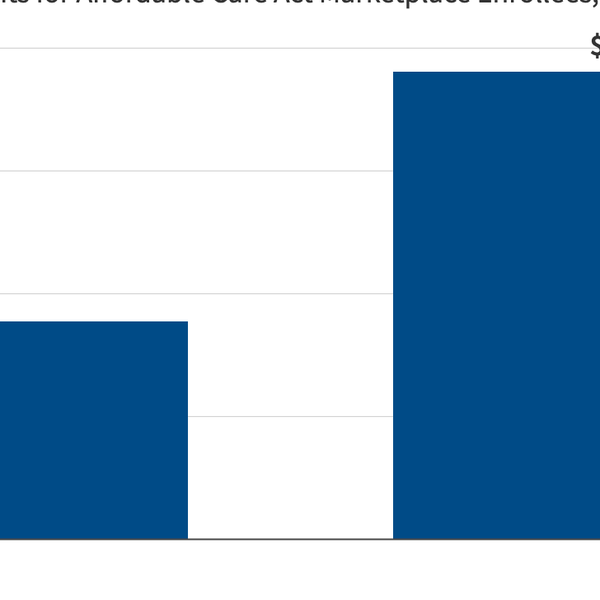Are Networks Being Fully Forthcoming About Their Campaign-Paid Contributors?

Last night, Anderson Cooper had an awkward exchange with Stephen Colbert on The Late Show, during which the host asked him about CNN’s relationship with former Trump campaign head Corey Lewandowski. Colbert was interested in the impartiality, or lack thereof, that Lewandowski might display because of his continued ties to Trump.
“You all are paying him and Trump is paying him… and he’s on your show doing analysis for a man he still gets cash from?” Colbert asked Cooper.
“Pretty much,” Cooper replied, with a bit of a stutter.
After being asked if Cooper still respects Lewandowski’s opinion, he hedged, saying, “We have people from all the campaigns… I mean, we have campaign surrogates for Hillary Clinton on.”
Cooper was attempting to make the point that campaign representatives were invited onto the networks all the time, to discuss the candidates they work for. This was a side-step, however, away from what Colbert was underscoring: that Lewandowski was not supposed to be a representative of Trump invited to make a one-time appearance on the network; he was instead a contributor being paid by CNN while simultaneously collecting money from the man he was hired to critique — or simply observe, as it happens.
Last month, nearly three weeks after Lewandowski was hired, CNN began to disclose that he was still receiving “severance” from the Trump campaign. Lewandowski later admitted that was still advising the Trump campaign, and continues to work at CNN.
Although Lewandowski’s hiring at CNN seems to run directly contrary to the idea of impartial coverage (especially considering Lewandowski signed a non-disclosure agreement and, knowing Trump, that may include language about disparaging Trump), there are several political “commentators” who regularly appear on networks that have significant ties to major political campaigns.
In fact, a report earlier this year by The Intercept found that networks frequently failed to disclose pundits’ ties to campaigns. The report cited several specific examples, including Stephanie Cutter, who is a political pundit often referred to as a “former campaign official for President Barack Obama,” but who has done work to the tune of over $100,000 for the Clinton campaign through her consulting firm.
Sara Fagen, who generally appears with the tagline “Republican strategist,” regularly appeared on CBNC during the primaries, and neither Fagen nor the network disclosed that the consulting firm she co-founded was paid over half a million dollars by the Bush campaign.
So it’s not just CNN: multiple networks seem to be deliberately keeping viewers in the dark about the true ties between their contributors and major campaigns.
When viewers do find out, however, there is often outrage, as has been the case with the Lewanowski disclosures. The WaPo report discussed CNN’s attempted reboot of Crossfire, and the heat the network took after having Rand Paul on the show, to whom host Newt Gingrich had given money. At no time was that fact disclosed on the show, of course.
Here’s the network’s response to the Crossfire SNAFU:
Crossfire hosts have never been required to disclose their contributions regarding guests on the show because their political support and activism are there for all to see. It’s obvious they support liberals or conservatives.
A non-response response like that indicates the network believes their viewership is dumb enough to accept it. Although it may be obvious which way a network host or contributor leans, the nitty gritty of funds being directly paid by major political candidates is often purposely obscured.
The responsibility is on the networks first to disclose to viewers that their coverage may be impacted by the presence of paid campaign surrogates, in all instances. The continuing employment of Lewandowski by CNN, however, indicates that networks aren’t concerned with transparency.
Photo: Corey Lewandowski appears on CNN’s “OutFront” to comment on the Republican nominee’s potential VP choices.








